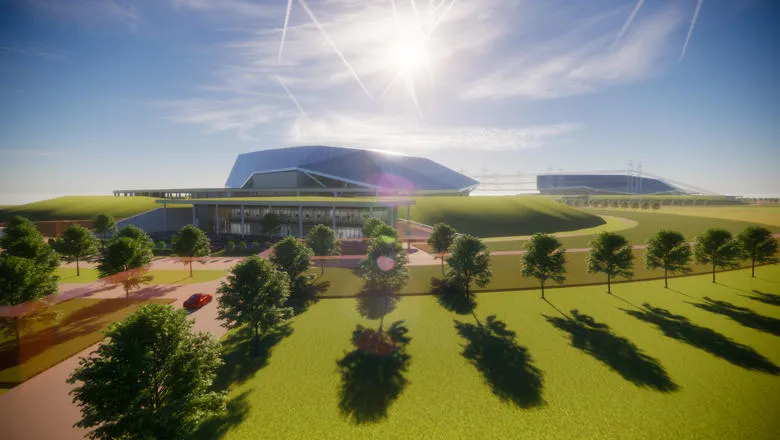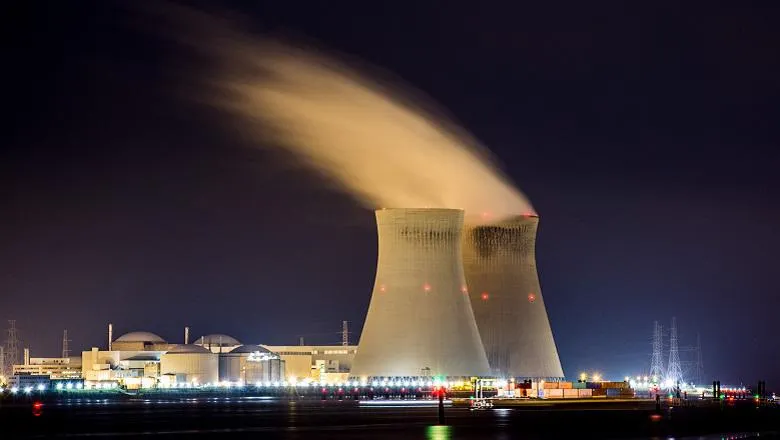Researchers at the Centre for Science of Security Studies (CSSS) within the Department of War Studies at King’s College London have published research that details specific nuclear security and safeguards issues for future nuclear reactor designs. These will need to be addressed across the sector to allow nuclear energy to continue to provide cost-effective, secure, reliable and clean energy for the future.
Small Modular Reactors (SMR) and Advanced Modular Reactors (AMR) are less powerful than today’s large nuclear power plants but have the potential to be much more flexible. They also have a range of advanced safety features. Dozens of designs for these types of nuclear reactor are being developed and many are expected to be constructed in the coming 10 to 20 years.
The report was launched at a side event at the Conference of the Parties to the Amendment to the Convention on the Physical Protection of Nuclear Material (A/CPPNM) organised this week in Vienna. The Conference marks five years since the Amendment became a major milestone in the development of the international legal framework for nuclear security. At the Conference, national government representatives came together to assess the A/CPPNM’s impacts and make decisions on its future.
‘The nuclear security and safeguarding of SMRs and AMRs are relatively immature fields of research when compared with nuclear safety,’ says Dr Ross Peel, Research and Knowledge Transfer Manager at CSSS who led the research. ‘Guidance in this area from official sources, such as the International Atomic Energy Agency (IAEA), is still in development, with the Agency holding several recent events to explore these topics. We hope that this research will be useful in shaping and developing these discussions and provide nuclear sector stakeholders with a tool to develop their own security and safeguarding plans.’
The research emphasises the importance of integrating security and safeguards requirements into the design of these reactors at an early stage. It first explores the unique features and applications of SMRs/AMRs compared to large conventional nuclear power plants, and then provides a comprehensive overview of the nuclear security and safeguards issues created by these differences.
The research recommends that security-by-design and safeguards-by-design should be implemented or encouraged by developers, operators, regulatory bodies, national governments, and the IAEA. Engagement between these groups will be crucial to ensure that opportunities are not missed to integrate nuclear security and safeguards considerations holistically into SMRs/AMRs at the earliest possible stage alongside other design considerations such as nuclear safety and operations. Doing so will drive reductions in nuclear power plant operating costs and whilst simultaneously supporting improvements in nuclear security, safeguards, and safety.



